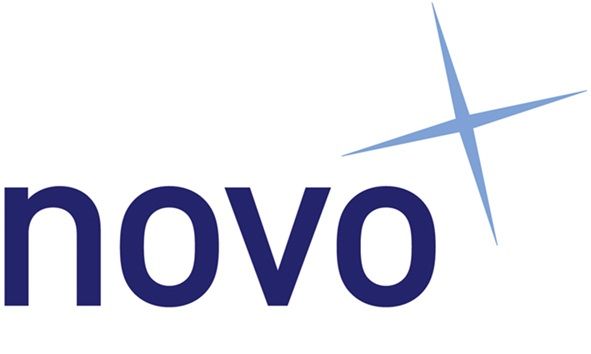Six ways organisations can create an ethical culture

The reputation – and profits – of any organisation rests on the work ethics of its employees. Developing an ethical culture is imperative, and doing so requires six key actions.
2015 was a year full of corporate scandals. It seemed like every time you opened a newspaper there was another organisation lambasted for its lack of ethics.
Yet it wasn’t just the corporations in the news that suffered. In fact, unethical behaviour costs British organisations billions every year, whether through direct losses, reputational damage, security risks, high turnover, or even legal challenges.
As of such, developing an ethical work culture is crucial – yet it seldom happens organically. It requires nurturing by executives and managers, who not only establish protocols but also demonstrate, on a day-to-day basis, the values and expectations of an organisation.
Read on to discover the six necessary steps to achieving this.
-
Establish your ethical stance
Before you can develop an ethical culture, you need a strong understanding of what “ethical” means to your organisation. Through clearly defining your responsibilities towards society and towards your employees, you can set specific policies that, in turn, are easier for employees to follow.
However, it’s not just you that needs to know these ethical policies; you need to also communicate them to your employees – and not just during their onboarding. Make sure they are easily accessible, whether that means placing them on the company intranet or hanging them on the office wall.
-
Know your employees
Understand your team’s current ethical culture to determine the areas in need of improvement. A Work Ethics Assessment will reveal employee attitudes towards behaviours such as bribery, discrimination, and time theft. However, make sure that it’s suitable for development; avoid ones that stigmatise the test-taker.
Also, find out what your employees consider “ethical” and what they think about the current state of it in the organisation. Ask them how important they feel ethics is to the management, how often they face ethical dilemmas, and whether they believe that ethical behaviour pays off. Let them know that you want their honest opinions and allow them to answer anonymously.
-
Train for discretion
Applying broad ethical policies, such as “do no harm” or “protect clients’ rights”, to workplace situations is more difficult than it may seem. For example, is selling a contract to a potentially vulnerable person allowing them their right to free exchange? Or, should they not fully comprehend the contract, is it harming them?
Train your employees to recognise such ethical scenarios, and tackle them with discretion, by presenting them with realistic dilemmas adapted to both their roles and the needs identified in the audits. Encourage non-judgemental discussion of all possible outcomes.
-
Make ethics visible
Numerous organisations have established ethical guidelines only to discover high levels of corruption or discrimination, all because their employees thought the ethical guidelines were just lip service. If you want ethics to be taken seriously, you have to make it present in the workplace.
Create an ethical discourse that extends beyond the training sessions: when proposals are made, always ask for the ethical implications. Yet don’t rely on words alone, else you will risk seeming hypocritical.
Executives must be role models who not only behave ethically but show that they behave ethically. Be fair, be consistent, always follow the same rules you hold your employees to – and do it all with transparency.
-
Welcome concerns
Your employees must be confident that they can question poor practices without facing punishment. Make the whistleblowing policy clear and, if resources allow, establish an Ethics Committee to weigh in on particularly difficult situations.
Reinforce these formal policies with your own actions: thank personnel who raise their concerns, avoid behaving hierarchically, and let employees know who they can go to if they don’t feel comfortable talking to you.
-
Reward ethical behaviour
If the only thing you reward is meeting targets, your employees may be incentivised to meet them no matter what it takes. Instead, you must show that being ethical also pays – with emphasis on “show”.
To achieve this, integrate low levels of customer complaints and teamwork into your annual appraisals. Make the criteria transparent so that people understand that, in this organisation, nice guys (and nice women) really don’t finish last.
Organisations don’t have to remain passive about damaging behaviour. By proactively implementing these six steps, you will encourage your employees to recognise ethical issues, voice concerns, and act appropriately in the face of ethical dilemmas.












